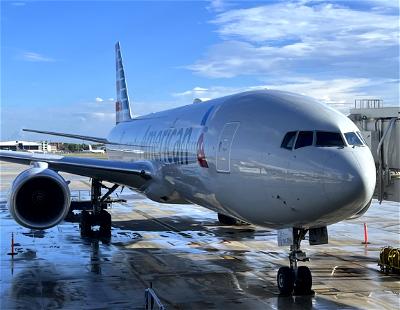Nothing Found
Whoops, it seems we can’t find what you’re looking for. Perhaps trying the search box at the top of the page can help.
Keep Exploring OMAAT

- 46 mins ago
- Ben Schlappig

- 4 hours ago
- Ben Schlappig

- 6 hours ago
- Ben Schlappig